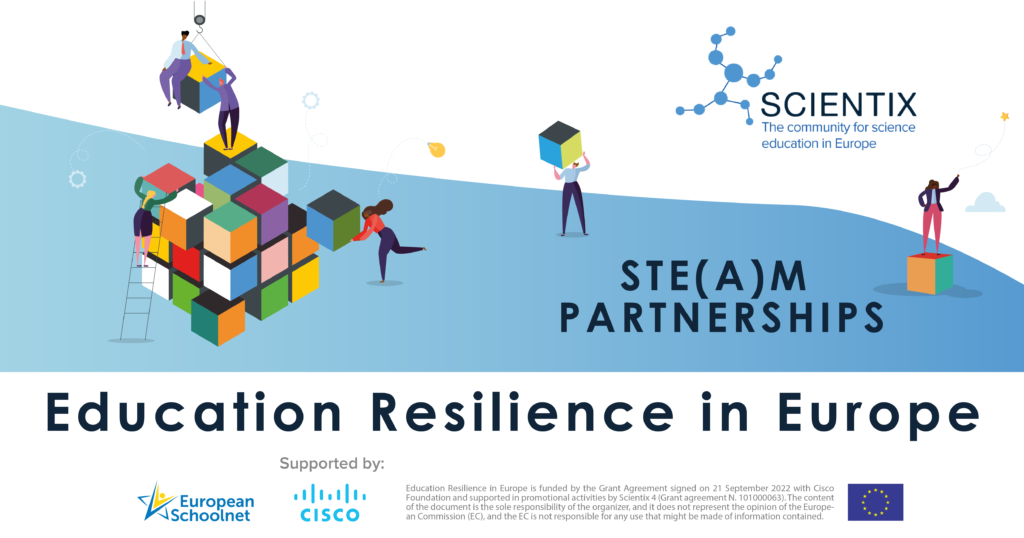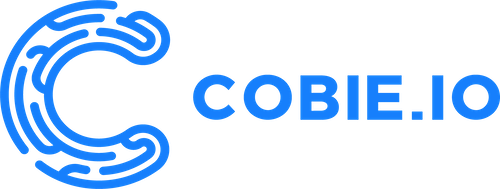
About the project
CodeBrainer d.o.o. participates in a European project led by Scientix / European Schoolnet (www.eun.org), whose goal is to help schools integrate migrant children into a new educational environment with the help of STEM education. We called our (sub)project United by Coding. Together with selected schools, we conducted pilots in computer science classes. Students acquired computer skills and actively collaborated with their peers with the help of game-based learning and collaborative learning.
Over the past years, Europe has encouraged the movement of citizens between different regions and countries for various reasons. For example: career changes, better economical support…. Furthermore, Europe has attracted families moving from areas with fewer resources or suffering from political conflicts. Integrating new children at various times of the school year into a new classroom can be challenging. Students come from different backgrounds and with – in many cases – emotional baggage can be very challenging.
The STE(A)M Partnerships programme of Scientix (the community for science education in Europe; https://www.scientix.eu) promotes the collaboration between several organisations. Aim is to develop research and testing initiatives for new approaches for creative and innovative science, technology, engineering, and maths (STEM) teaching and learning opportunities connected to existing national practices. These new approaches are tested locally, nationally, or internationally.
With the schools that participated in the pilot, we set examples of good practice and recommendations for a smoother integration of children from different social, economic and geographical backgrounds. We want to support a culture of inclusion and diversity by strengthening STEM skills. We want to empower migrant students to feel more connected with a collaborative game-based programming learning approach. Using the universal language of STEM, where communication is based on solving challenges, we aim to help students foster feelings of community and belonging.

United By Coding – Theses
To effectively guide our methodology development process, we established foundational theses. The importance of a well-structured approach cannot be understated, as it provides a critical roadmap for our journey. The case study structured its investigation around three theses:
- The effectiveness of collaboration in diverse environments,
- The impact of game-based learning, and
- The appeal of the visual aspect of block-based programming.
We have concluded that collaborative learning is a very inclusive process that makes students learn and work more effectively. We also concluded that game-based learning makes a better learning experience. It keeps students engaged and motivated. The visual aspect of block-based programming makes it easier for migrant students to understand the language but also helps them learn new words in the local language.
Successful pilots execution
Teachers used our platform – the Cobie AI Smart Classroom – with their students schools from Austria and Slovenia participated in the pilots Teachers were focusing on peer-to-peer collaboration using a game-based learning approach. Before starting the pilot, we conducted dedicated training with all participating teachers, where they learnt about using Cobie AI and the pedagogical methodologies that we used in the pilot.
Teachers lead computer science classes using our platform and ready-made content (embedded lesson plan) designed to teach block-based programming using a game-based learning approach. We focused on collaborative problem-solving, where students solve challenges in pairs/groups.

4 distinctive types of collaborative learning within United By Coding methodology
In the United By Coding methodology, we have 4 distinctive types of collaborative learning where students work together on coding assignments.
- Normal coding – students work individually on assigned tasks. This type allows students to focus on problem-solving independently, encouraging self-reliance and personal exploration of computer science concepts. It allows students to develop their individual coding skills and apply their knowledge in a self-paced manner.
- CodeTag – where students switch turns – one student places one block (or one set of blocks), and the other places another. The students must take turns to come to the solution step by step. This iterative process encourages students to think critically and strategically, as they need to understand and extend the existing codebase while adhering to the game’s rules.
- CodeSwap – where students swap roles – each student can only use a specific block type. They have to create a strategy to solve the task using different blocks and constraints. This type of collaboration emphasises the importance of clear communication and understanding between team members.
- CodePete – a friendly competition – one student prepares a challenge, and the other has to solve it. CodePete promotes critical thinking, logical reasoning, and the ability to collaboratively create and solve complex problems.

Benefits of various content types in Cobie AI
Cobie AI features different content types and makes learning better, and creates a better learning experience for students. We have 4 distinctive types of content: voice, text, images and assignments.
For this project, teachers and students can use the special collaboration type of block-based programming development environment (Blockly) within our Cobie AI content. Teachers and students follow pre-prepared lectures and participate in solving various tasks and challenges. This helped them acquire algorithmic thinking and problem-solving skills. With a unique collaborative approach, we help students cultivate a sense of community and belonging. By empowering migrant students to feel more connected through collaboration with their peers on game-based programming learning projects.

Applying for free access
Interested in implementing the learning methods used in the United by Coding project in your classroom? We’re offering you the chance to use our Cobie AI smart classroom with the content used in the project United by Coding for free in your class. We have prepared three comprehensive lesson plans reflecting our recent project’s educational methods. By incorporating these lessons focusing on collaborative game-based learning, you could foster a more dynamic learning experience for your students. All lesson plans are translated into 3 languages (English, German, Slovene)
Why demo?
Before you start using Cobie AI, we want to make sure you have all the information you need. We’d love to set up a demo of our Cobie AI smart classroom for you, where we will also provide guidelines for the United by Coding methodology. This will help you to use the system effectively within the classroom. Please note that there is no obligation to participate in the demo.
Why do we need the requested information?
We need the requested information to schedule a demo with you and to prepare a personalized setup for your classroom. The information you provide will be stored and used solely for these purposes, in accordance with Article 5(1)(b) of the General Data Protection Regulation (GDPR).
We are committed to ensuring that your data is protected and used appropriately. We will not use this information for any marketing activities without your explicit consent, in line with Articles 6(1)(a) and 7 of the GDPR. If you decide to provide your consent for marketing activities, you have the right to withdraw this consent at any time.
You also have the right to request access to, rectification of, or erasure of your personal data at any time, as per Articles 15 and 17 of the GDPR.
Please fill out the form, and we will get back to you as soon as possible to schedule a demo where you can discover the potential of Cobie AI in transforming your teaching environment. We’re here when you’re ready and look forward to the opportunity to connect.”
